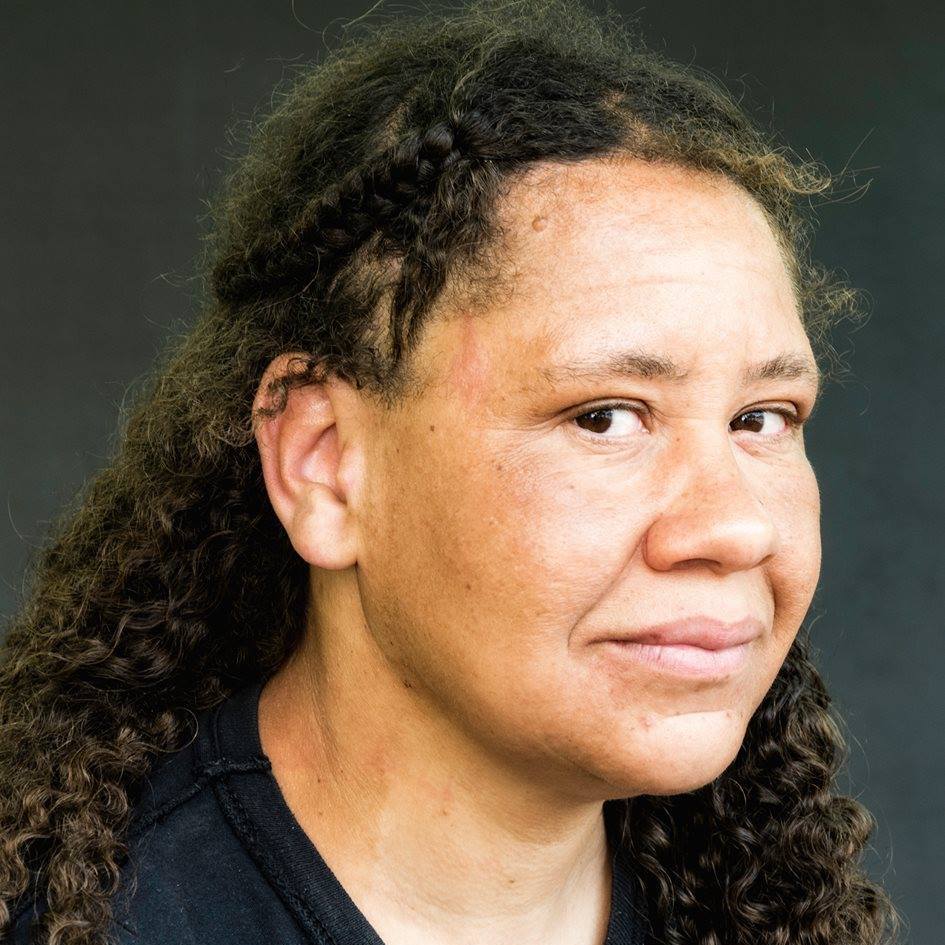As people will know from our auditions page, there is a section on the basics of casting young people in shows, but this article is intended to explain a great deal more.
What has to always be borne in mind is that this is a professional, touring theatre company. This means that shows are often toured to venues around the Southwest (and possibly further afield); and actors regardless of age need to be able to keep up to the performance quality, and be safe (and legal) coming to shows in unfamiliar spaces . We don't have the same facilities that amateur or small activity clubs may be able to offer.
First of all, you need to be certain that the show script, the specific roles in consideration. and the way the show is being staged, is suitable for the age and wellbeing of the young person.
Next, you need to consider the care of the young person. By law they must be chaperoned at all times, and there are specific rules about this: The very basics are that the chaperoning must be by a parent or a legally licenced and employed chaperone. The child must stay in the line of sight of the chaperone at all times, who in turn cannot be distracted by reading the phone or a book, and needs to be aware of the child's wellbeing.
The child must have use of their own changing space which must not be entered by adults other than the chaperone, while the child is changing. The child must not enter the space(s) where adults are changing, while the adults are changing.
The chaperone must ensure that the child has their legally required break times, and if necessary, study-time for schoolwork, and for arranging the child's travel to and from rehearsals/shows.
If the young person passes the auditions, their involvement in a shows is still subject to the Child Performance Licence that needs to be granted to them by (in our case) Torbay Council. This could be withheld for a number of reasons either from the theatre production or simply that the child has been involved in too much in the past 12 months and there is concern that it may interfere with schooling or allowed work hours. The licence application needs to be filled out jointly by the production producers, and the parents, as well as including a letter of support from the child's school.
The adults of the company need to be briefed, if they are not previously experienced, on working with child actors; this includes interaction on and off stage, making sure language backstage remains acceptable, and much more.
The child and the chaperone, need to be aware of company policies, data protection, non-disclosure of intellectual property, health and safety regulations as with everyone else in the company.
There are, to be realistic, reams of documentation on legislation and good practice, but this is a quick look at the basics, and hopefully an explanation of some of the things that we have to consider, for every young person who is considered for a show.
It may seem like overkill, but theatre is a complex workspace in terms of production health and safety, and with the requirements for late night working, clothing changes, etc, a lot that has to be taken into account to keep the child's wellbeing paramount.

 RSS Feed
RSS Feed
